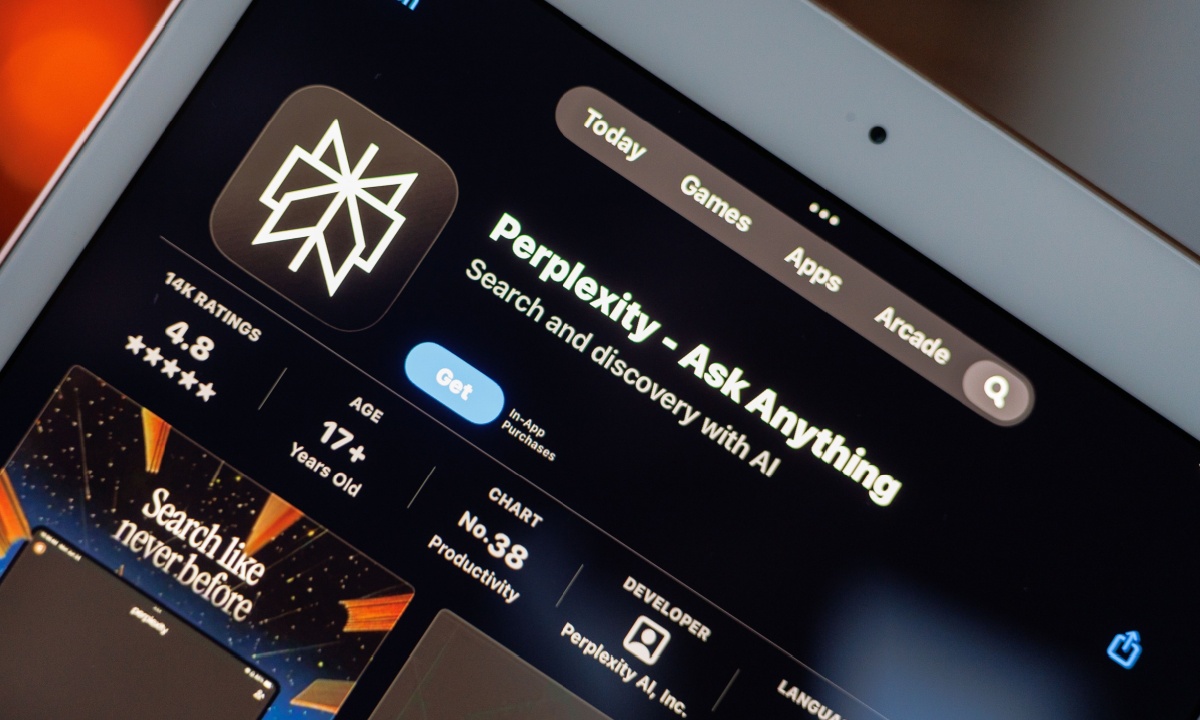Search engine startup Perplexity AI reportedly hopes to add its browser to smartphones.
The artificial intelligence (AI) company is in talks with mobile device makers to have its Comet browser preinstalled on phones, CEO and Co-Founder Aravind Srinivas said in an interview with Reuters on Friday (July 18).
That report noted that this move could provide a major boost to Perplexity’s reach by capitalizing on browser “stickiness,” a term for user tendency to stay with browser apps that come with or set as default on their devices, and thus leading to habitual use of the company’s AI tools.
“It’s not easy to convince mobile OEMs to change the default browser to Comet from Chrome,” Srinivas said, in reference to original equipment manufacturers.
The Reuters report cited data from Statcounter showing that — as of last month – Google Chrome commanded a 70% market share on mobile devices, with Apple and Samsung browsers holding another 24%.
Srinivas’ comments to Reuters follow reports from April that the company was in talks with Samsung and Motorola to integrate its technology into smartphones.
Now in beta and available solely in a desktop version, Comet integrates Perplexity’s AI directly into web browsing, letting users ask questions about personal data and things like email and browser history and carry out tasks like scheduling meetings, the report said.
Srinivas said his company hopes to target “tens to hundreds of millions” of users during 2026 after stabilizing the desktop version for a few hundred thousand initial testers.
The report pointed out that Perplexity’s efforts are part of a wider shift in the industry towards browsers outfitted with agentic AI capabilities, meaning they need minimal human intervention to make decisions and perform tasks.
Another AI firm, OpenAI, is reportedly also working on its own agentic AI browser, which could automate complex tasks like booking trips or managing finances.
Meanwhile, PYMNTS wrote earlier this month about the impact of AI-powered search from the likes of Perplexity and Google on the traditional SEO marketing model as it relates to small and medium-sized businesses (SMBs). That model, the report said, is losing its effectiveness as AI-driven tools dominate the discovery phase.
“The traditional SEO game is breaking down,” Joy Youell, owner of Winsome Marketing, told PYMNTS. “SMBs can’t just rely on ranking for search terms anymore. They’ll need to focus on visibility inside generative AI platforms — whether that’s structured data, verified listings, or integrations through plugins, APIs or partnerships.”
